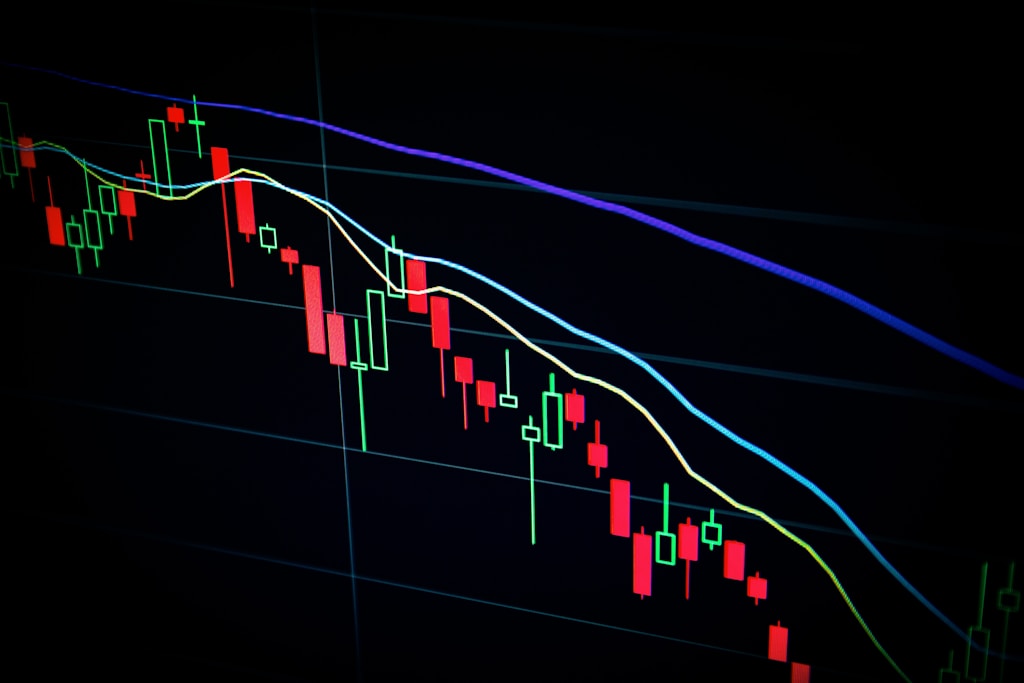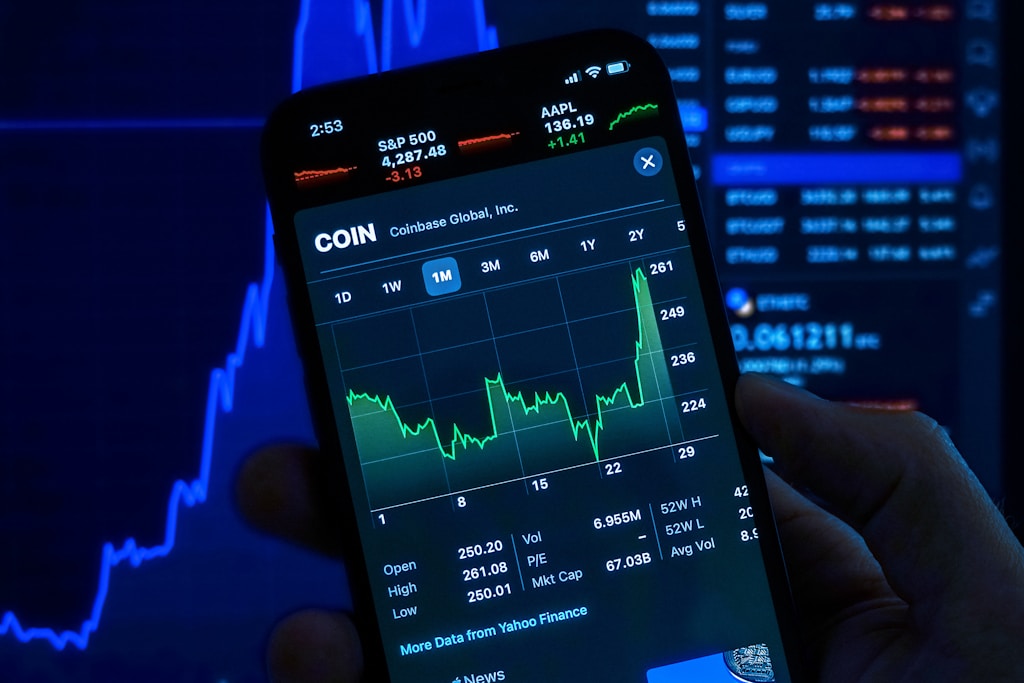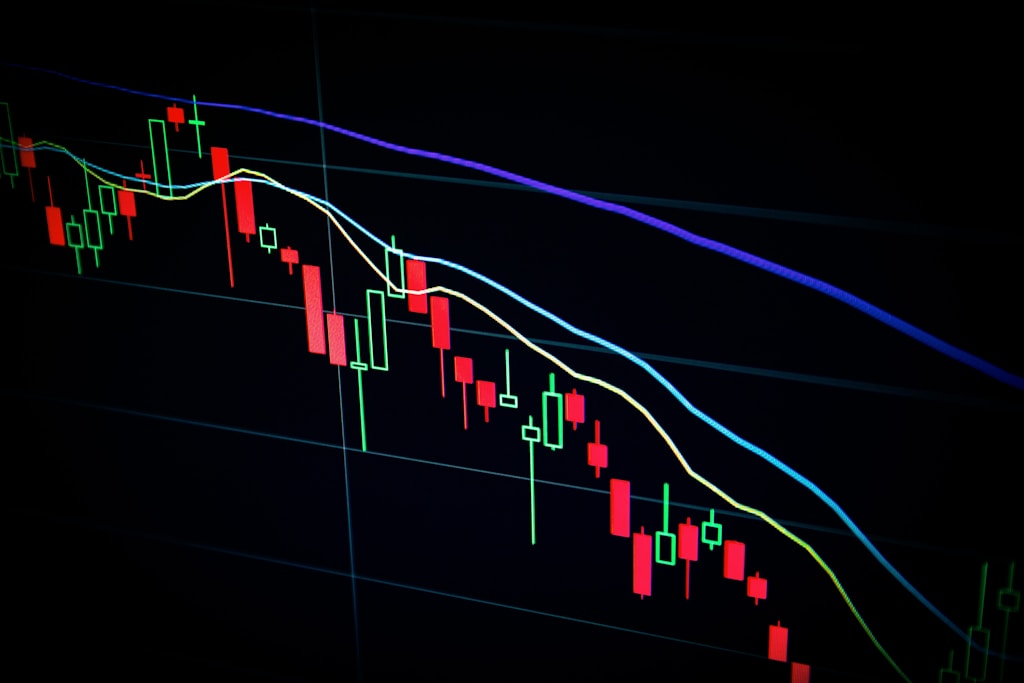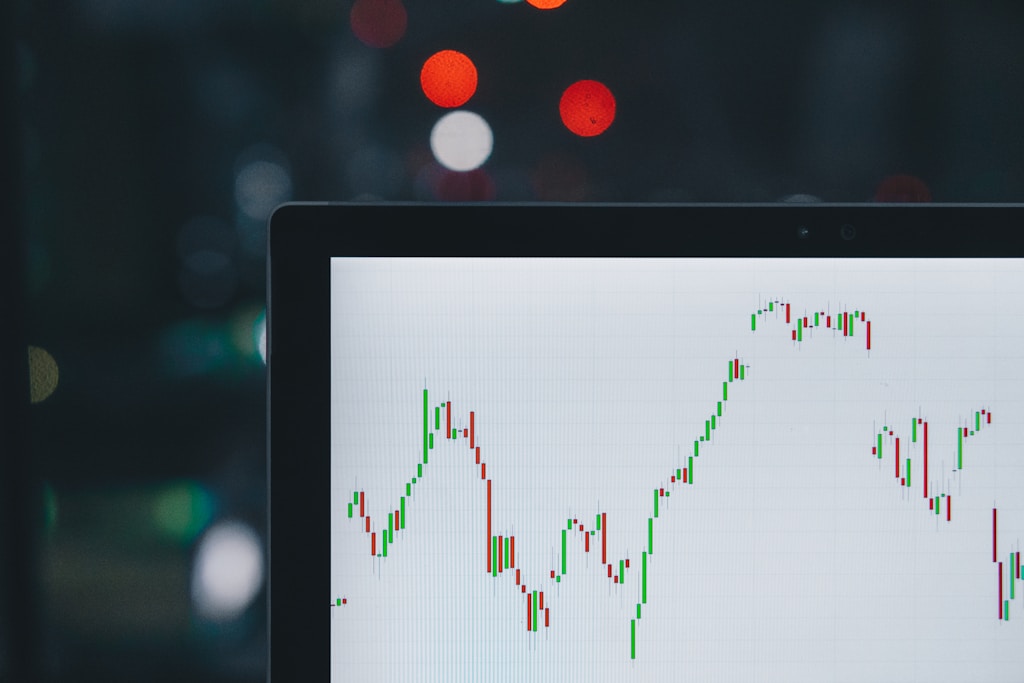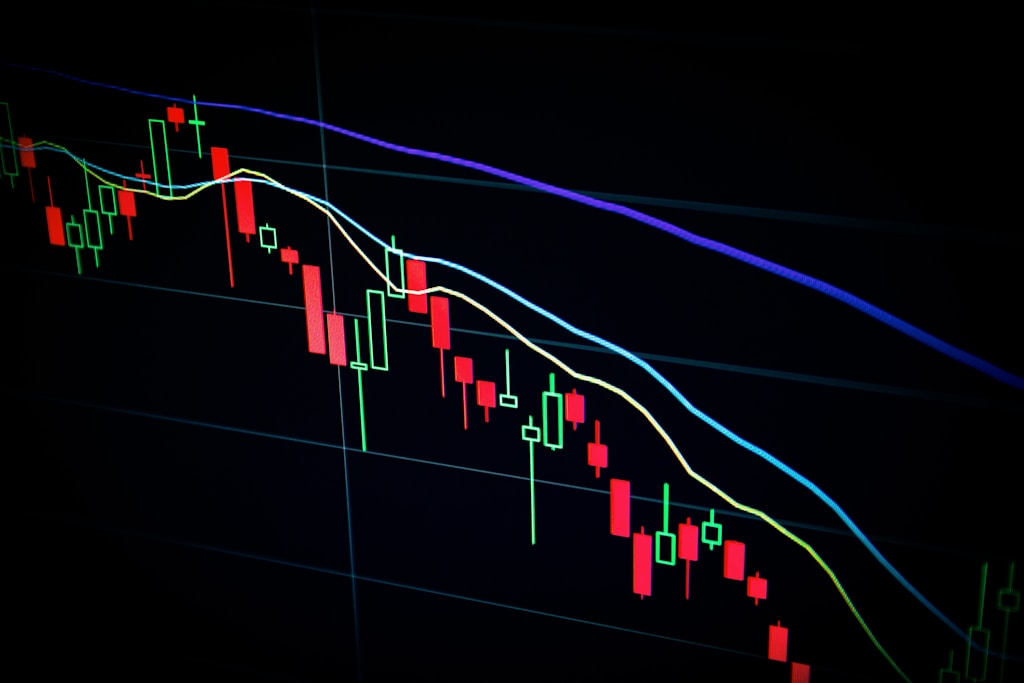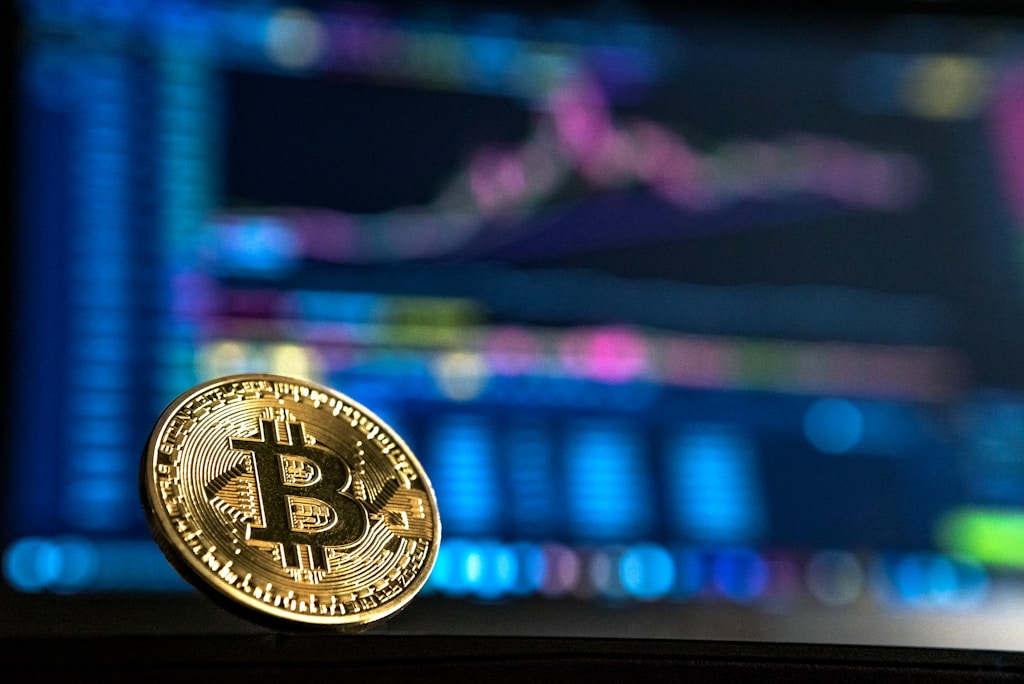Key Takeaways:
- Central banks accelerate gold purchases amid growing dollar skepticism
- Global reserves shifting away from USD dominance
- Strategic diversification signals major monetary policy shift
Central banks worldwide are dramatically increasing their gold reserves in 2025, marking a significant shift in global monetary policy as de-dollarization efforts gain momentum. This trend aligns with Tim Draper’s prediction of the dollar’s declining influence and represents a fourth consecutive year of substantial gold accumulation by monetary authorities.
Understanding the De-Dollarization Wave
The accelerated gold buying spree comes as nations actively seek to reduce their dependence on U.S. dollar-denominated assets. This strategic pivot reflects growing concerns about:
- U.S. fiscal stability
- Geopolitical tensions
- Need for reserve diversification
- Protection against economic uncertainty
Impact on Global Financial Markets
The surge in central bank gold purchases has significant implications for the global financial system and alternative assets. Market analysts suggest this trend could accelerate the transition toward a multipolar currency world.
SPONSORED
Protect your wealth from currency volatility with up to 100x leverage on perpetual contracts
Expert Analysis and Market Outlook
Financial experts predict this trend could continue throughout 2025 and beyond, potentially reshaping the global monetary landscape. The movement away from dollar dominance could have lasting effects on international trade and reserve currency dynamics.
Frequently Asked Questions
Q: Why are central banks buying more gold?
A: Central banks are increasing gold reserves to diversify away from dollar-denominated assets and hedge against economic uncertainty.
Q: How does this affect global markets?
A: The shift could lead to increased volatility in currency markets and higher gold prices.
Q: What are the implications for cryptocurrency markets?
A: De-dollarization efforts could boost alternative assets, including cryptocurrencies, as stores of value.

